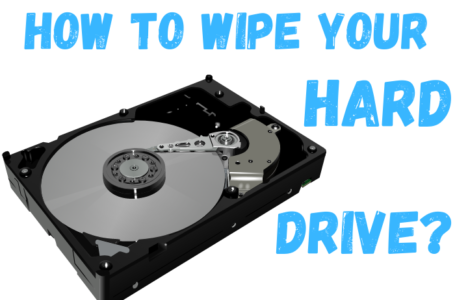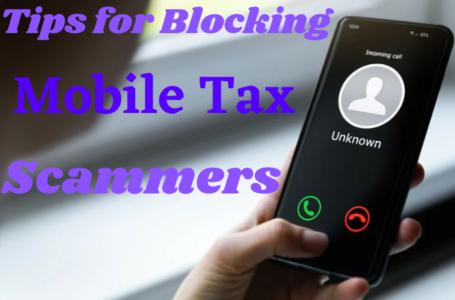
There are many incentives available for small business owners looking to purchase new equipment. One of the best incentives is bonus depreciation. Bonus depreciation is a tax deduction that is available for eligible new or used equipment and qualified real property. The deduction is equal to 50% of the cost of the property for the first year, and the deduction phases down over the next four years. Bonus depreciation is a great way for small business owners to get a head start on their tax deductions and invest in their business’ growth. To qualify for bonus depreciation, you must purchase “new property” or “used property” that meet certain requirements.
What Is Bonus Depreciation?
Bonus depreciation is a tax incentive that allows businesses to deduct a percentage of the cost of certain property, such as computers and equipment, in the first year that it is placed in service. The percentage of the cost that can be deducted goes up to 100% in certain cases. The Trump administration previously frozen MACRS and bonus depreciation in 2017 and 2018, but it extended the provisions to their expiration dates, setting the stage for another step-down in 2019.
How Does Bonus Depreciation Work?
Bonus depreciation is a tax incentive that allows businesses to deduct a larger amount of their equipment expenses in the first year of ownership. It is calculated by taking the cost of the equipment, subtracting the percentage of the equipment’s useful life, and multiplying the result by the business’s tax rate. Bonus Depreciation Expires The maximum amount of bonus depreciation increased in 2015 to 50% of the cost of eligible property. It had previously been 50% for certain property purchased before September 8, 2010, and had been scheduled to sunset altogether after December 31, 2013. However, before that could happen, Congress passed the Tax Increase Prevention Act of 2014, which extended the 50% bonus depreciation through the end of January 2015. Then, just as the calendar turned to 2015, another extension occurred when the Protecting Americans from Tax Hikes Act of 2015 was passed, which reinstated qualified depreciation for property acquired and placed in service from January 1, 2015, through December 31,
Electing Out of Bonus Depreciation
The government has been trying to stimulate the economy through tax breaks. The most recent tax break is the bonus depreciation. This tax break allows companies to immediately deduct the cost of new equipment or software from their taxes. This is a great idea because it will help companies grow and expand. The downside of these tax breaks is that they will eventually affect the budget negatively. Companies will have to pay back tax breaks when they are done growing or expanding. Additionally, the government will have less money to spend on current programs. This creates an interesting situation because the government must try to balance the needs of people now with the future needs of people.
How Do You Qualify for Bonus Depreciation?
In order to qualify for bonus depreciation, a taxpayer must acquire the property and must not have previously used the property in a trade or business or held it for investment. Additionally, the taxpayer must not have acquired the property from a related party. Bonus depreciation is the extra depreciation a business is allowed to deduct in the year a business purchases a new property. It is an incentive to help businesses recover quickly the cost of newly purchased property.
How to Record Bonus Depreciation on Your Tax Return
In the tax world, there are all sorts of deductions and credits to help you save money on your taxes. One of these deductions is called bonus depreciation. This deduction is for new business equipment and is taken over a period of five years. To claim this deduction, you need to have a written agreement with the IRS. This document is called “The Protective Claim of Right to Use Form.” It protects you from any IRS penalties on your taxes. You obtain this document from your tax preparer.










